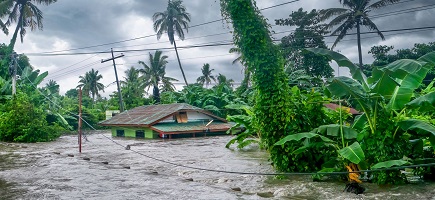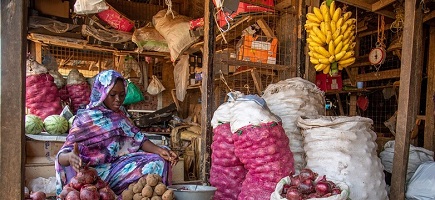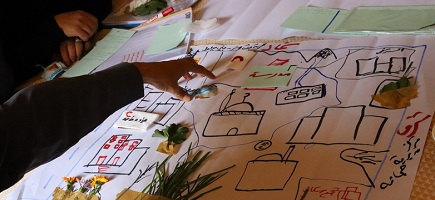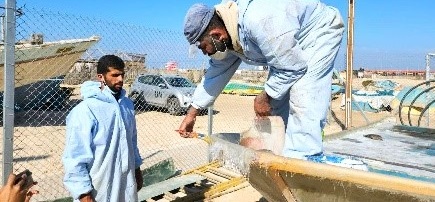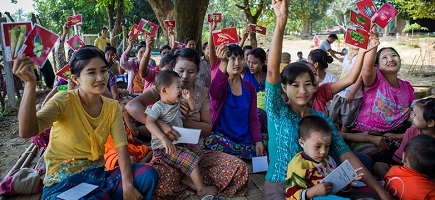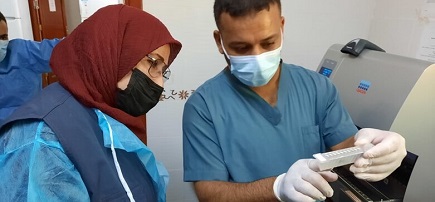Using transitional development assistance as a crisis management instrument
Sector programme ‘Transitional development assistance as a crisis management instrument’
-
Commissioning Party
German Federal Ministry for Economic Cooperation and Development (BMZ)
-
Country
-
Overall term
2016 to 2025
-
Products and expertise
Security, reconstruction and peace
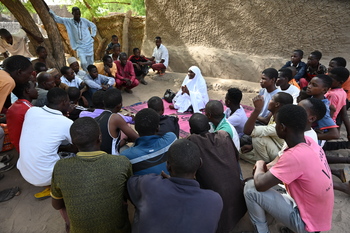
Context
In recent years, the number of crises around the world has grown, along with their duration, intensity and frequency. They include violent conflicts, natural disasters and health emergencies.
These disasters often cause poor population groups to lose their livelihoods, and they do not have the means to rebuild. At the same time, state structures are often unable or unwilling to mitigate the effects and protect the population.
To improve the situation, humanitarian and development cooperation stakeholders should coordinate their activities and align their programmes with another. The German Federal Ministry for Economic Cooperation and Development (BMZ) contributes to this effort through transitional development assistance.
Objective
Transitional development assistance is established and refined as one of BMZ’s crisis management instruments. The resilience of the population and of local structures is increased.
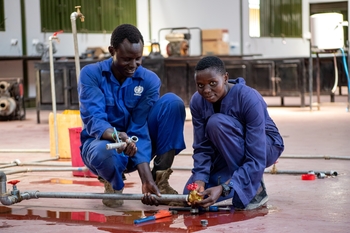
Approach
The programme advises BMZ on developing and raising awareness of transitional development assistance. The main focus is on the resilience of the threatened population and of local structures. This requires stakeholders from humanitarian aid, development cooperation and peacebuilding to be integrated (HDP nexus). The programme advises and supports BMZ in the following areas:
- Food security, reconstruction of basic infrastructure and services, disaster risk management, social cohesion and civil conflict transformation. Measures from these areas are connected and are also intended to improve gender equality and climate change adaptation;
- Measuring results, evaluating evidence and data, and preparing political communications;
- Technical and strategic dialogue with implementing organisations of the United Nations, particularly the World Food Programme (WFP) and the United Nations Children’s Fund (UNICEF) as well as more than 30 non-governmental organisations.
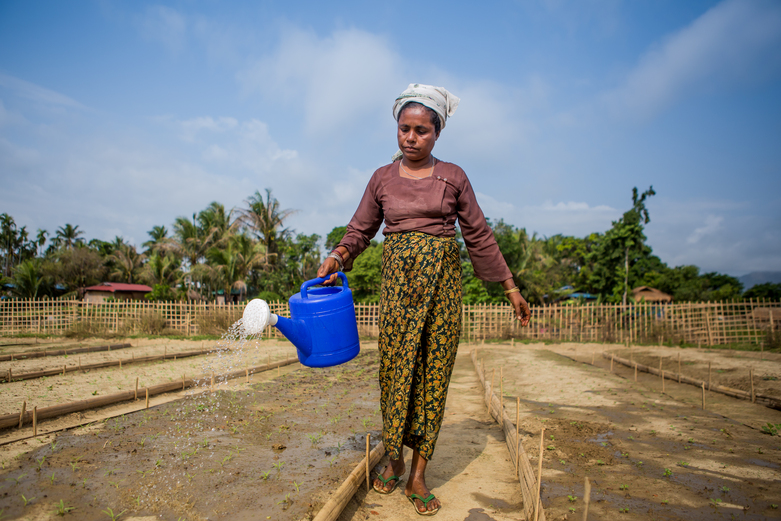
Last update: June 2023





